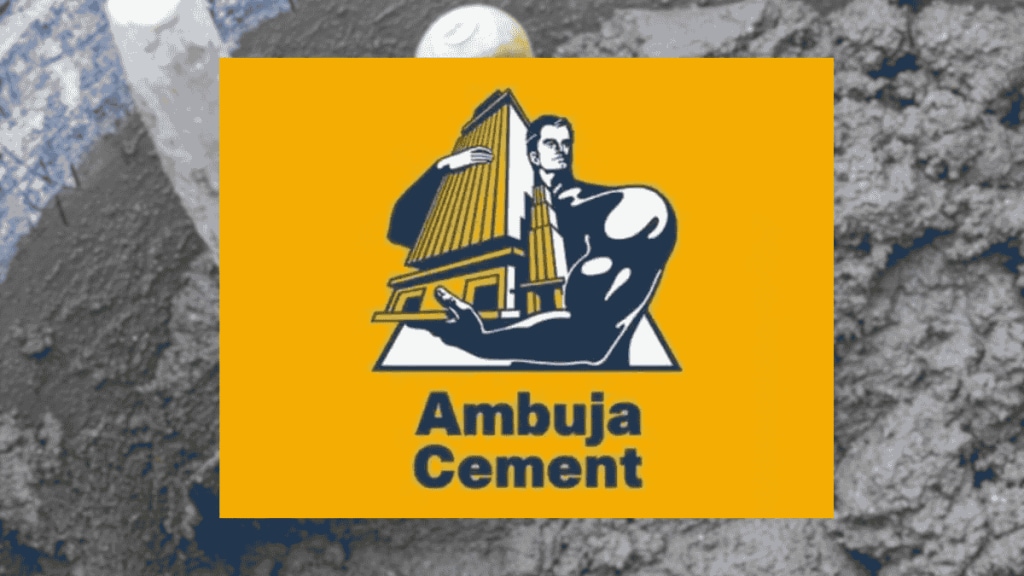Ambuja Cements’ Q2 results show that the integration of Sanghi Industries, Penna Cement and Orient Cement has started reflecting meaningfully in volume growth, realisations and operating costs, analysts said.
The company posted its highest-ever Q2 sales volume at 16.6 million tonnes, up 20% y-o-y — nearly five times the industry growth — which brokerages attributed to the ramp-up and consolidation of the acquired assets.
“Orient, Penna and Sanghi have moved ~100% into Adani Cement brands,” analysts from Prabhudas Lilladher noted, adding that the shift has strengthened both Ambuja’s distribution reach and its ability to command higher pricing on the acquired capacities.
Similarly, experts from ICICI Securities highlighted acquisition benefits as a key driver, stating that volumes surged 20% y-o-y riding on acquisition benefits.
Realisations held far steadier than anticipated, analysts said, despite muted demand and the pricing reset following the GST cut. Average cement realisation declined just 1% sequentially and grew 3% annually, which Prabhudas Lilladher attributed to “higher pricing for acquired assets which got integrated into Adani brands.”
Premium cement also continued to support pricing, sustaining a 35% share of sales during the quarter. Volume growth of premium cement came in at 28% y-o-y.
Cost efficiencies formed the second pillar of the quarter’s performance, with integration-led sourcing gains, green power adoption and logistics optimisation helping reduce total costs even as input markets remained volatile. Raw material cost per tonne fell 22% y-o-y, aided by lower purchase of goods following consolidation across the network. Logistics cost per tonne declined 7% y-o-y, with lead distance reducing to 265 km. The company also commissioned 200 MW of solar capacity, lifting renewable energy availability to 673 MW and pushing green power to nearly 33% of consumption.
These gains flowed through to profitability, analysts noted, with Ebitda rising 58% y-o-y to Rs 1,761 crore, while Ebitda per tonne came in at Rs 1,060.
Analysts from ICICI Securities highlighted that Ambuja’s Ebitda per tonne was flat sequentially against a 20–25% drop reported by cement majors. Market leader UltraTech’s Ebitda per tonne was lower by 22.5% sequentially in the fiscal second quarter.
Analysts attributed Ambuja’s performance to having a firm leash on fixed cost and sustained variable cost reduction.
Management reiterated its cost roadmap, aiming to bring total cost to Rs 4,000 per tonne by the end of FY26 and reduce it by a further 5% annually for the next two years, supported by higher green power usage, improved logistics efficiencies and procurement synergies.

